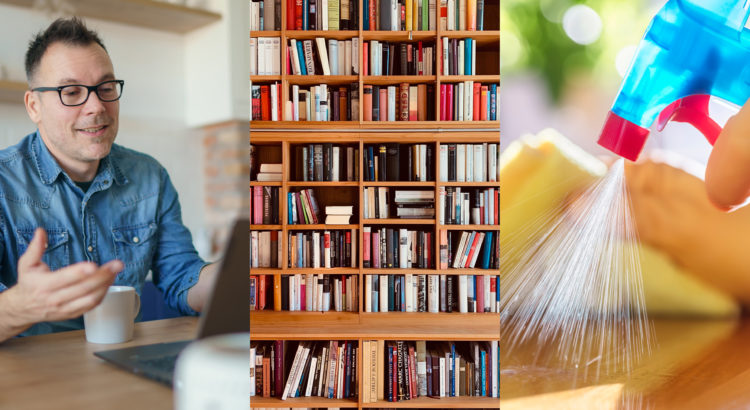Everyone in the multifamily sector is feeling the pain of the COVID-19 outbreak right now, from owners to residents to maintenance workers.
“There’s a lot of stress out there,” Doug Bibby, president of the National Multifamily Housing Council, said in a webinar organized by the Urban Land Institute to examine what owners and operators of multifamily buildings can do to ease the pain of the coronavirus pandemic and the social isolation that comes with combating it. “Love on your residents any way you can.”
Bibby and the other panelists involved in the webinar noted that the recently passed CARES Act did not do enough for multifamily housing. Among other provisions, President and CEO of the National Low Income Housing Coalition Diane Yentel noted that her organization will be lobbying Congress to include measures such as a national uniform moratorium on foreclosures, as well as evictions. “Small landlords cannot afford to maintain their units without rents coming in,” she said. “We all have a stake in getting this right.”
Regardless of the legislation that still needs to be crafted, the webinar also included a few small things that real estate professionals can do right now to make a real difference in their residential communities.
1. Reach out to all tenants in a proactive way
It might be tempting to limit outreach just to those who have already expressed worries about being able to pay their rent, but Bibby said this minimalist approach doesn’t cut it in a time of crisis. “Contact every single resident and assess their needs,” he said, adding that it’s important to make individual outreach efforts, not just send blanket emails to all residents. “It’s got to be one-on-one contact.”
Also, even if you don’t think a tenant is going to have any issues paying rent for the foreseeable future, it can still be helpful to let them know they’re a vital part of maintaining community stability. “Thank residents who make their payments, those that can,” Bibby said.
2. Help fill holes on store shelves
It’s important for residents to maintain the cleanliness of their homes during the outbreak, but supply-side problems may be making that more difficult for some tenants.
“It’s incredibly hard to get cleaning supplies right now,” said Megan Sandel, co-director of the GROW clinic at the Boston Medical Center. However, she noted that many local public health departments offer resources that landlords can distribute on how to turn common household supplies like lemon juice, baking soda and white vinegar into green cleaning supplies.
Sandel added that indoor air quality is more important than ever now that many are spending so much time in their homes. “We have to be thoughtful,” she said. “Our homes are not necessarily designed to be occupied 24 hours a day.”
3. Find ways to restore broken connections
Each panelist encouraged property managers to reach out to tenants to see what they need. Oftentimes real estate professionals can do the most good by simply connecting residents with people or agencies that can solve the problems they’re experiencing.
Most people are suffering some degree of isolation, but the situation is felt most acutely by seniors, according to Bibby. “The connection to loved ones is almost the most heartbreaking thing about this,” he said, encouraging webinar attendees to offer help troubleshooting video conferencing apps if possible. “There’s got to be a way of creating links.”
Sandel agreed, noting that she’s seen some senior housing complexes institute social hours where residents open their doors and wave or converse from inside their respective units as a way to encourage social connectivity.
Yentel encouraged property owners to find local food and equipment providers that might be able to help residents out. She noted that, while many libraries are closed, they might have computers or routers they can loan out to help kids who aren’t able to connect to e-learning opportunities from home. “Partnerships in this moment are critical,” she said.
For more information on how to best represent the needs of your clients, watch AgentEDU’s track on representing real estate buyers.


